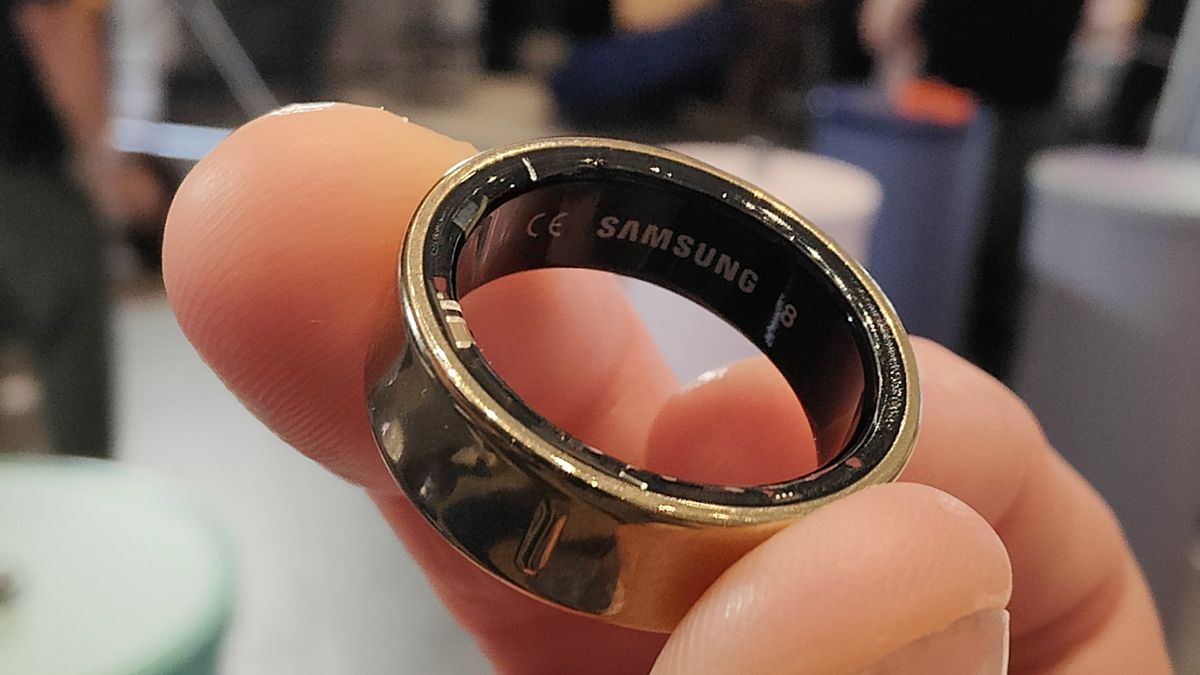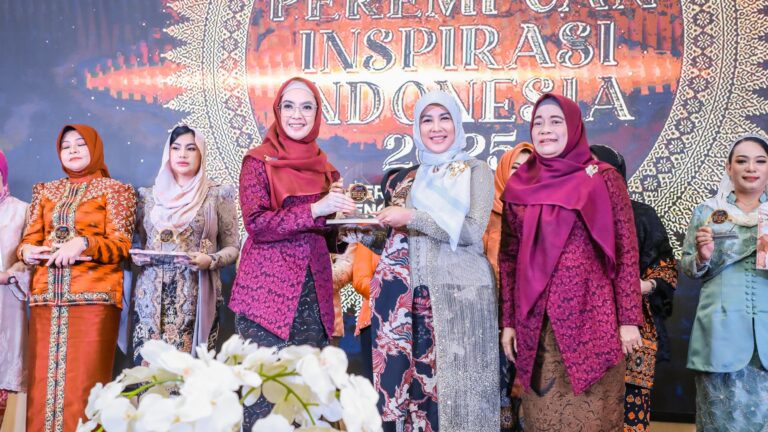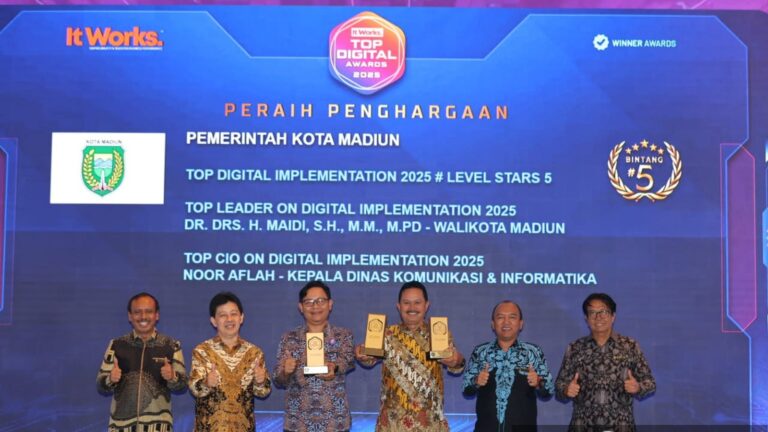Samsung has introduced its latest wearable device, the Galaxy Ring, targeting enthusiasts of fitness and health-tracking technology. The announcement was made at the Galaxy Unpacked event, where Samsung highlighted the integration of artificial intelligence (AI) across its device ecosystem.
Smart rings, equipped with tiny sensors to track various health metrics, have remained a niche market until now, gaining some attention recently with their use by the England men’s football team. Samsung’s entry into this market marks the involvement of the largest tech company to date.
According to Ben Wood, an analyst at CCS Insight, the decision to launch a smart ring is an “interesting bet” for Samsung. CCS Insight projects a global market for smart rings to reach about four million units by 2025. While this is modest compared to the expected 250 million smartwatches to be sold, it represents a significant move for Samsung.
Francisco Jeronimo, an analyst for IDC, suggests that Samsung’s involvement could help bring smart rings into the mainstream. He believes that Samsung’s brand awareness will significantly influence consumer perception and adoption of smart rings.
James Kitto, Vice President and Head of Samsung’s mobile division in the UK & Ireland, described the launch as a “huge moment” for the company.
What Are Smart Rings?
Smart rings can monitor health indicators such as heart rate, sleep, and menstrual cycles. The market leader is currently the Finnish company, Oura. These rings have become fashionable among celebrities, including Kim Kardashian, due to their small size and sleek design. Analysts believe they might eventually replace smartwatches, like the Apple Watch and Google Pixel Watch, due to their less intrusive nature.
Samsung’s Galaxy Ring is described as the company’s “smallest and most discrete product yet,” providing accurate 24/7 health, wellness, and sleep tracking. Unlike smartwatches, which offer a broader range of health data through more sensors, smart rings offer a convenient, comfortable alternative, especially for overnight wear to monitor sleep.
The Galaxy Ring will be compatible with Android phones running Android 11 or above, requiring the Samsung Health app. Some features, such as Energy Score and personalized suggestions, will be exclusive to Galaxy devices.
Dr. Efpraxia Zamani, an associate professor of information systems at Durham University, views the Galaxy Ring as an appealing part of Samsung’s broader ecosystem of health products. However, she cautions consumers to be aware of the data collection practices and the potential privacy implications of integrated health data across devices.









